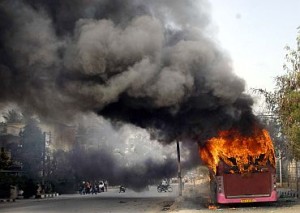Russia took over the chairmanship of the UN Security Council (UNSC) June 1, and Ugandan Minister of Foreign Affairs Sam Kutesa took over the Presidency of the UN General Assembly (UNGA) June 11. One of these nations is currently at the top of 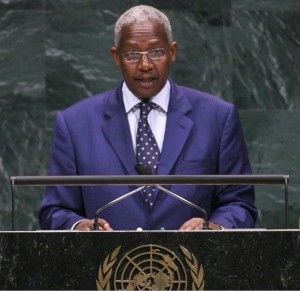 world headlines for aggression in Ukraine, and both have recently made headlines for passing strict anti-gay legislation–in contravention of and threatening the guarantees of the UN Charter of Rights and Freedoms, according to top UN representatives.
world headlines for aggression in Ukraine, and both have recently made headlines for passing strict anti-gay legislation–in contravention of and threatening the guarantees of the UN Charter of Rights and Freedoms, according to top UN representatives.
When Russia passed anti-gay laws before the 2014 Olympics in Sochi, the UN took several measures to condemn the laws. “The United Nations stands strongly behind our own ‘free and equal’ campaign,” said UN Secretary General Ban Ki-Moon in condemning Russia’s legislation. “Hatred of any kind must have no place in the 21st century.”
“As I have been repeatedly and consistently stating in the spirit and framework of the Universal Declaration of Human Rights,” Ki-Moon continued, “that everybody is born free and equal and everybody has a right to be equal, regardless of age, and sex, and sexual orientation, and gender identity. This is a fundamental principle of human rights.”
When Uganda signed into law its strict Anti-Homosexuality Act in February–for which some Ugandan legislators were proposing the death penalty, although the proposal was dropped in favor of life in prison–the UN spoke out against the legislation, saying it violates basic human rights and endangers homosexuals and others.
“This law will institutionalize discrimination and is likely to encourage harassment and violence against individuals on the basis of their sexual orientation,” stated UN High Commissioner for Human Rights Navi Pillay. “It is formulated so broadly that it may lead to abuse of power and accusations against anyone, not just LGBT people.”
Pillay and Ki-Moon voiced deep human rights concerns. “This law violates a host of fundamental human rights,” continued Pillay, “including the right to freedom from discrimination, to privacy, freedom of association, peaceful assembly, opinion and expression and equality before the law – all of which are enshrined in Uganda’s own Constitution and in the international treaties it has ratified.”
The June agenda for the UNSC will include a meeting in Afghanistan and meetings on African issues–particularly on Mali, Cote d’Ivoire, the Sahara-Sahel, Sudan and South Sudan.
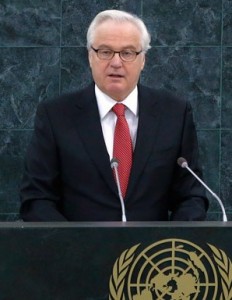 The Middle East is also on the agenda for the UNSC, particularly Yemen, Libya and Syria. Other matters upcoming include armed drones and new peacekeeping missions where force may be mandated.
The Middle East is also on the agenda for the UNSC, particularly Yemen, Libya and Syria. Other matters upcoming include armed drones and new peacekeeping missions where force may be mandated.
No talks on Ukraine have been scheduled. Russian UN Ambassador Vitaly Churkin said, however, that Russia was “ready for any surprises here,” noting that every UNSC member can call a meeting on any situation which poses an internatioal threat to peace and security.
Russia is one of the five permanent members of the UNSC, along with the US, China, Great Britain and France. There are 10 non-permanent members.
The UNSC makes decisions for the UN regarding peace and international security, and all UN members are supposed to heed UNSC decisions, in accordance with the UN Charter.
Russia will hand over the chairmanship of the UNSC to Rwanda on July 1.
Uganda to Lead United Nations General Assembly
The UNGA is composed of 193 member nations. The UNGA is the organ of the UN wherein all members have equal representation. The UNGA oversees the UN budget, receives UN reports and makes recommendations, and appoints non-permanent members to the UNSC.
The Presidency of the UNGA is a rotating one-year position, and is a largely ceremonial post.
The election of Ugandan Foreign Affairs Minister Sam Kutesa to the Presidency has drawn some criticism. Kutesa has a history of corruption and has been censured for corruption by the Ugandan Parliament. The government to which Kutesa belongs is also a cause for the criticism. The Ugandan government, headed for 28 years by Yoweri Museveni, has been accused and found guilty of international war crimes by international courts.
By Day Blakely Donaldson
UNGA
UN
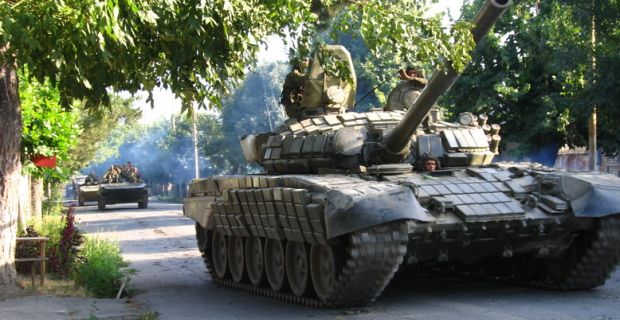
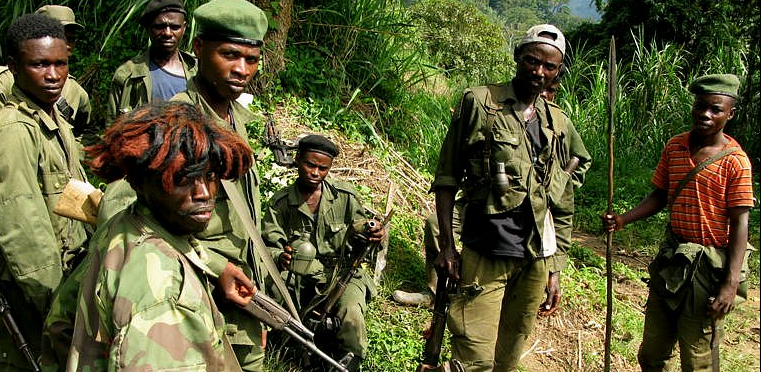
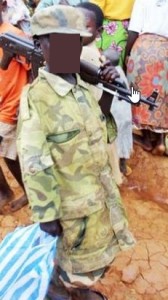 raped. Nearly 50 women and girls are raped every hour.
raped. Nearly 50 women and girls are raped every hour.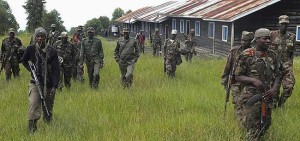
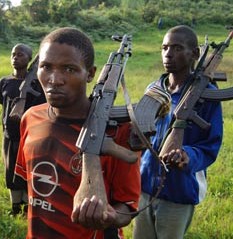 age. “They’re numb, they have been skewed, they have a different sense of what is normal. But this doesn’t mean they’re not aware of what they’re doing,” said Lloyd-Davies. Some soldiers express remorse, such as a man in “Seeds of Hope” who also said he would not admit his crimes unless his superiors were prosecuted. “They are the ones who sent us,” he said. “If those who committed these crimes can be arrested and judged, then that would be good.”
age. “They’re numb, they have been skewed, they have a different sense of what is normal. But this doesn’t mean they’re not aware of what they’re doing,” said Lloyd-Davies. Some soldiers express remorse, such as a man in “Seeds of Hope” who also said he would not admit his crimes unless his superiors were prosecuted. “They are the ones who sent us,” he said. “If those who committed these crimes can be arrested and judged, then that would be good.”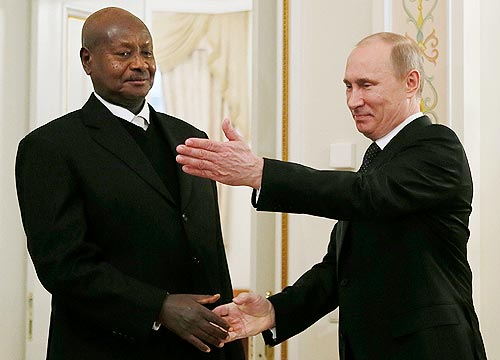
 world headlines for aggression in Ukraine, and both have recently made headlines for passing strict anti-gay legislation–in contravention of and threatening the guarantees of the UN Charter of Rights and Freedoms, according to top UN representatives.
world headlines for aggression in Ukraine, and both have recently made headlines for passing strict anti-gay legislation–in contravention of and threatening the guarantees of the UN Charter of Rights and Freedoms, according to top UN representatives.
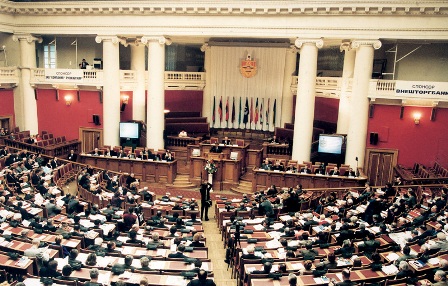
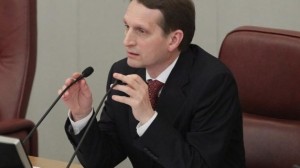
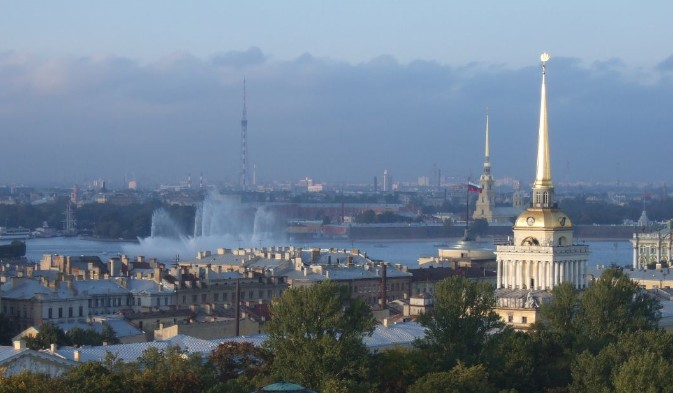
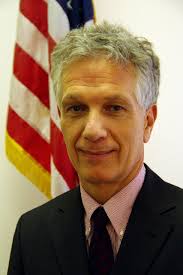
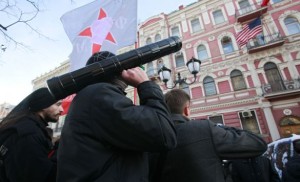 The collection was posted as
The collection was posted as 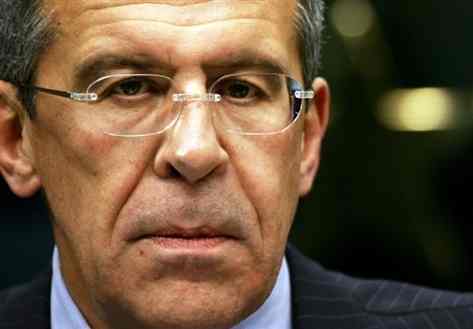


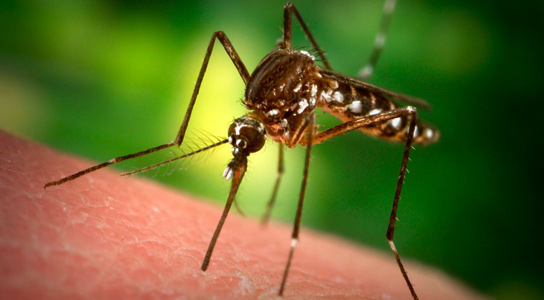
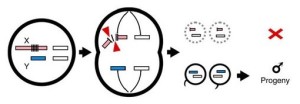 The process of genetic modification used involves inserting a DNA cutting enzyme called l-Ppol into the mosquitoes. The enzyme cuts the DNA of the X chromosome during sperm production. Therefore, during mating, almost no X chromosomes exist to pass on, so offspring usually bear the XY pair, and are born female.
The process of genetic modification used involves inserting a DNA cutting enzyme called l-Ppol into the mosquitoes. The enzyme cuts the DNA of the X chromosome during sperm production. Therefore, during mating, almost no X chromosomes exist to pass on, so offspring usually bear the XY pair, and are born female.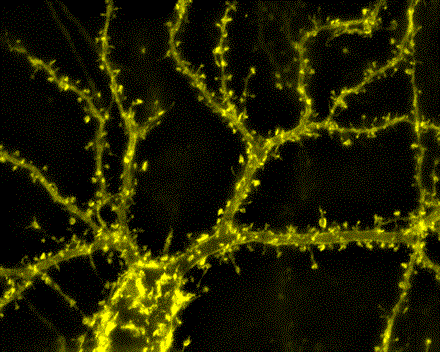

 ines represent the formation of a new memory. Such dendritic structures are subject to strengthening and decay.
ines represent the formation of a new memory. Such dendritic structures are subject to strengthening and decay.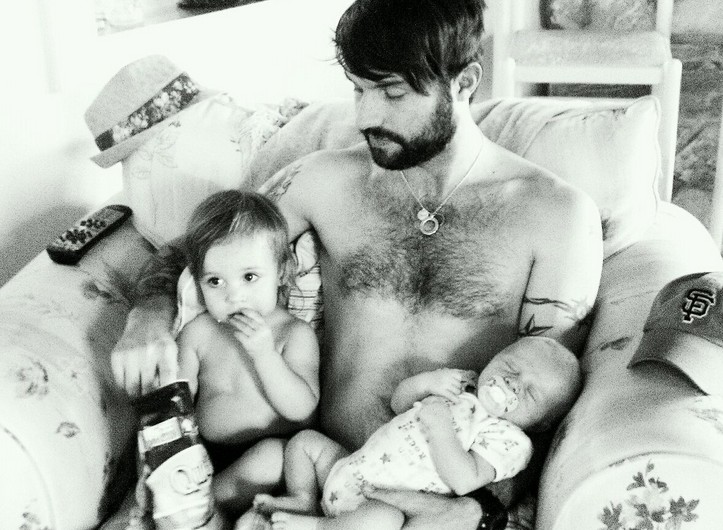
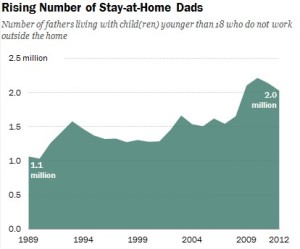
 these stay-at-home dads, 23 reported that they could not find a job. For mothers, 73 percent reported that they were home in order to care for their family.
these stay-at-home dads, 23 reported that they could not find a job. For mothers, 73 percent reported that they were home in order to care for their family.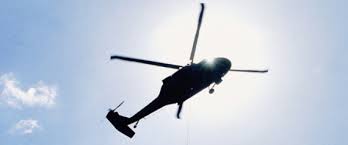

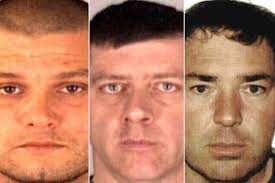 The SQ was largely silent about the search, but a former agent did comment. “If they’re in a forested area, locating them is like finding a needle in a haystack,” stated retired Sûreté du Québec lieutenant François Doré. “They could be in a chalet waiting to be picked up, keeping a low profile.”
The SQ was largely silent about the search, but a former agent did comment. “If they’re in a forested area, locating them is like finding a needle in a haystack,” stated retired Sûreté du Québec lieutenant François Doré. “They could be in a chalet waiting to be picked up, keeping a low profile.”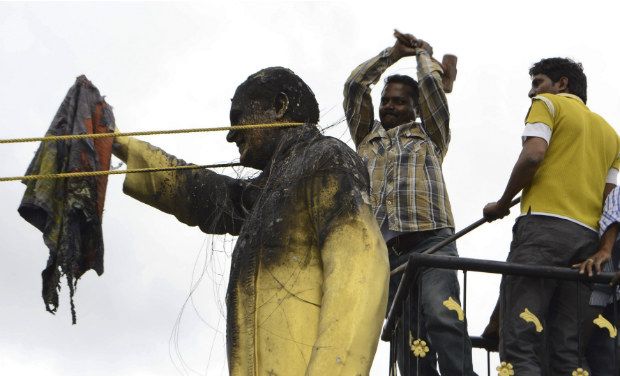
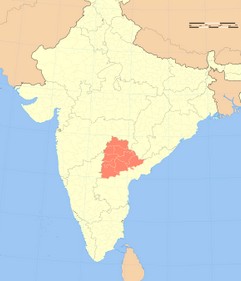 elected its first Speaker of the Telangana Assembly Tuesday, unopposed, one week after the creation of India’s 29th state.
elected its first Speaker of the Telangana Assembly Tuesday, unopposed, one week after the creation of India’s 29th state. system whereby the government sets aside a percentage of seats for “backward” and underrepresented communities, which discouraged the merit-based system and encouraged vote bank politics while diminishing social gaps.
system whereby the government sets aside a percentage of seats for “backward” and underrepresented communities, which discouraged the merit-based system and encouraged vote bank politics while diminishing social gaps.